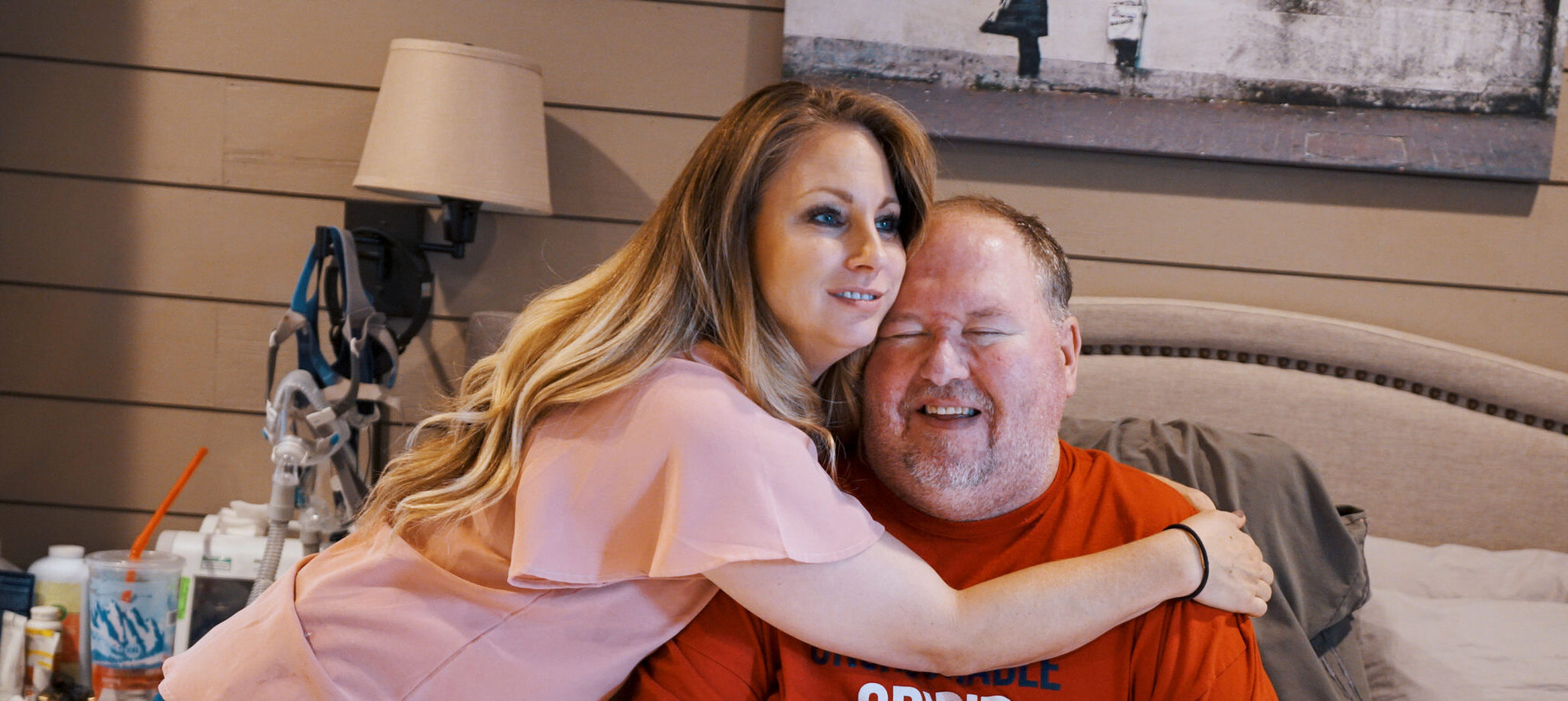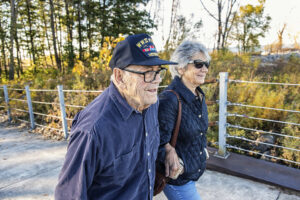As we recognize both ALS Awareness Month and Military Appreciation Month this May, it’s important to note the increased risk that military veterans face when it comes to ALS. Currently, around 30,000 individuals in the United States are living with this challenging disease. In this article, you’ll delve deeper into the impact of ALS on the military and discover how you can help contribute to life-changing research. You’ll also hear from Matthew Wild, a former marine who has been affected by ALS, and learn about the ways that Maxim’s nurses and services have made a real difference in his quality of life. As we honor the sacrifice and bravery of America’s service members and their families, we hope to raise awareness and increase support in the fight against ALS.
What is ALS?
Amyotrophic lateral sclerosis, or ALS, is a progressive nervous system disease that affects nerve cells in the brain and spinal cord, causing a loss of muscle control. According to the Mayo Clinic, ALS presents differently in affected individuals, but symptoms may include:
- Weakness in legs, feet or hands
- Slurred speech
- Difficulty swallowing
- Muscle cramps and twitching in arms, shoulders and tongue
- Inappropriate crying, laughing or yawning
- Cognitive and behavioral changes
As it progresses, individuals with ALS generally lose the ability to breathe, speak and eat on their own. Some people also experience dementia. Unfortunately, ALS currently has no cure and is fatal, generally within 3-5 years – although some individuals live longer.
Doctors still don’t have precise answers about what causes ALS, but most agree that it is a combination of genetic and environmental factors. About 5-10% of cases are hereditary and ALS risk is higher in men, and those between the ages of 40 – 60.
Veterans are at increased risk for ALS
A report written by The ALS Association, “ALS in the Military: Unexpected Consequences of Military Service”, found that, “Military veterans, regardless of the branch of service, regardless of the era in which they served, and regardless of whether they served during a time of peace or a time of war, are at a greater risk of dying from ALS than if they had not served in the military.”
In fact, veterans are twice as likely to develop ALS, than those who have not served. Doctors are not sure why this phenomenon occurs, however, research is being conducted to help determine why ALS affects veterans so heavily, and how the disease can be prevented, treated and cured.
Ways to recognize ALS Awareness Month
There are several ways that you can recognize ALS Awareness Month and contribute to the eradication of this disease.
- Donate or volunteer
Consider donating to or volunteering with a reputable charity or organization dedicated to helping ALS patients and finding a cure.
One such organization is The ALS Association, the only national nonprofit committed to fighting ALS, “leads the way in research, care services, public education and public policy – giving help and hope to those facing the disease.” Its mission is to discover treatments and a cure for ALS, and to serve, advocate for, and empower people affected by ALS to live their lives to the fullest. The ALS Association’s local chapters accepts volunteers and you can donate to the association’s efforts on their website.
- Share your experiences
People strongly connect to other people’s stories. If you are living with ALS, caring for or living with someone affected by ALS, share your story! Whether you choose to speak on a blog, through social media or another medium, making your voice heard can increase ALS’s profile and help gain attention and resources for research.
A Veteran’s story
Matthew Wild, a former marine, was diagnosed with ALS at the age of 41. Initially his wife provided his day-to-day care, but when it became overwhelming, they reached out to Maxim for help.
Our nurses provide private duty nursing care to Matt on an ongoing basis, allowing him to stay close to his family: “Because of private duty nursing in our home, I’m able to be a part of their lives, influence them and be a part of our community.”
Having Maxim nurses in their home has also helped Theresa, Matt’s wife: “I think it’s really important that we start giving people permission to ask for help and accept the resources that are out there…It will improve your quality of life as well as your loved ones.”
Maxim offers a variety of services for disabled veterans, allowing them to remain comfortable in their homes while receiving a high level of care. Our most commonly used services include private duty nursing and personal caregiving. We offer home care to veterans and their families and beneficiaries through the VA and Community Care Network Providers.
Watch Matt’s story:
Maxim Healthcare Services is proud to provide care to the brave and dedicated service people who have sacrificed to protect this country. Contact your local Maxim office to learn more about the services available near you. Reach out with any questions you may have.



